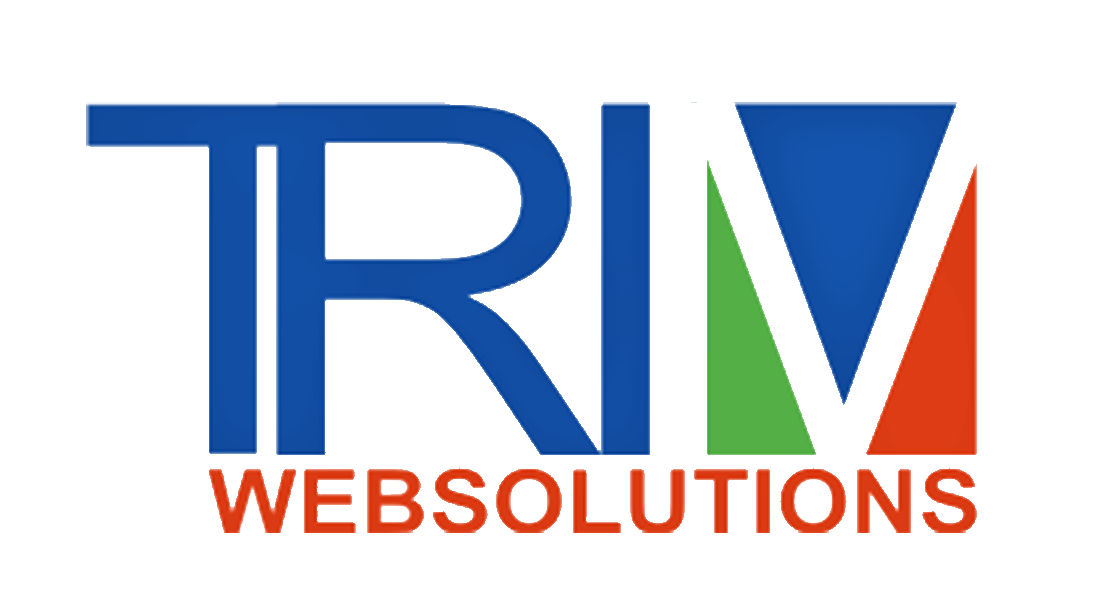The Rise of AI in Film Production: Will It Replace Human Creativity?

The Rise of AI in Film Production: Will It Replace Human Creativity?
The film industry has always embraced technological advancements, from the early days of silent films to modern CGI-driven blockbusters. Today, one of the most revolutionary changes is the integration of Artificial Intelligence (AI) in film production. AI is reshaping various aspects of filmmaking, including scriptwriting, editing, special effects, and even performance capture. As AI continues to evolve, a critical question arises: Will AI enhance human creativity, or will it eventually replace human filmmakers altogether?
The Role of AI in Film Production
AI is being used across different stages of film production, making the process faster, more efficient, and sometimes even more innovative. Here are some key areas where AI is making an impact:
1. AI in Scriptwriting and Storytelling
Traditionally, screenwriting has been a deeply human-driven art form, requiring creativity, emotions, and an understanding of storytelling. However, AI-powered tools like SudoWrite, ScriptBook, and OpenAI’s ChatGPT are now being used to generate story ideas, analyze scripts, and even predict box office success.
While AI can identify trends and suggest plot structures, it still lacks the depth of human emotion and cultural nuance that make stories compelling. Instead of replacing writers, AI is more likely to serve as a creative assistant, helping screenwriters brainstorm ideas and refine their scripts.
2. AI in Editing and Post-Production
Editing is a time-consuming process, but AI-driven tools like Adobe Sensei and Runway ML are transforming how films are edited. These tools can automatically cut scenes, remove background noise, and enhance visual elements, significantly reducing post-production time.
AI-based color grading and video enhancement tools are also improving the final look of films. Directors and editors can use AI to make precise adjustments without spending hours on manual editing.
3. AI-Generated Visual Effects and CGI
Computer-Generated Imagery (CGI) has been a staple in filmmaking for decades, but AI is taking it to the next level. AI-powered tools can create hyper-realistic environments, de-age actors, and even generate digital doubles of performers.
For example, deepfake technology has been used to digitally recreate actors, such as bringing back deceased performers like Peter Cushing in Rogue One: A Star Wars Story. While this raises ethical concerns, it also opens new creative possibilities.
4. AI and Virtual Actors
AI is also making strides in performance capture and animation. Companies like Synthesia and Deep Voodoo are developing AI-generated characters that can perform dialogue and facial expressions without human actors.
While this is an exciting technological advancement, it sparks debates about the role of human actors in the industry. Can AI truly replace the depth and authenticity of a human performance?
5. AI in Film Marketing and Audience Analysis
AI is not just changing film production but also how movies are marketed. Streaming services like Netflix and Disney+ use AI to analyze audience preferences and recommend films based on viewing history. AI-driven marketing tools can predict how a movie will perform at the box office, helping studios make informed decisions about promotions and distribution.
The Advantages of AI in Film Production
- Faster Production: AI streamlines processes like editing, script analysis, and visual effects, reducing production time.
- Cost Reduction: Automated tools can lower expenses on editing, CGI, and marketing.
- Enhanced Creativity: AI can serve as a creative assistant, helping filmmakers experiment with new ideas and styles.
- Accessibility: Independent filmmakers can access AI tools to create high-quality films without big budgets.
Challenges and Ethical Concerns
While AI offers numerous benefits, it also raises significant concerns:
- Loss of Human Jobs: The automation of editing, CGI, and scriptwriting may reduce job opportunities for human artists.
- Ethical Issues: Deepfake technology and AI-generated actors could lead to concerns about consent and authenticity.
- Lack of Emotional Depth: AI can generate scripts and visuals, but it lacks true human emotions, making it difficult to replicate the depth of human storytelling.
- Over-Reliance on AI: If AI dictates storytelling trends, there’s a risk of losing originality in filmmaking.
Will AI Replace Human Creativity?
Despite its rapid advancements, AI is unlikely to fully replace human creativity in film production. Filmmaking is an art that relies on human emotions, experiences, and perspectives—something AI cannot replicate. Instead of replacing directors, screenwriters, and actors, AI will act as a powerful tool to assist and enhance human creativity.
The future of film production will likely see a collaboration between AI and human filmmakers, where AI handles technical aspects while humans provide emotional depth and artistic vision. This partnership could lead to new storytelling possibilities and push the boundaries of cinema.
Conclusion
AI is undeniably revolutionizing the film industry, offering exciting innovations in scriptwriting, editing, visual effects, and audience engagement. However, the essence of filmmaking—its emotional depth and artistic creativity—remains uniquely human. While AI will play an increasingly significant role in the industry, it is more likely to enhance rather than replace human creativity. The future of film will be shaped by a collaborative effort between AI and human storytellers, blending technology with artistic vision to create unforgettable cinematic experiences.
97 0 7
Write a Comments
* Be the first to Make Comment















